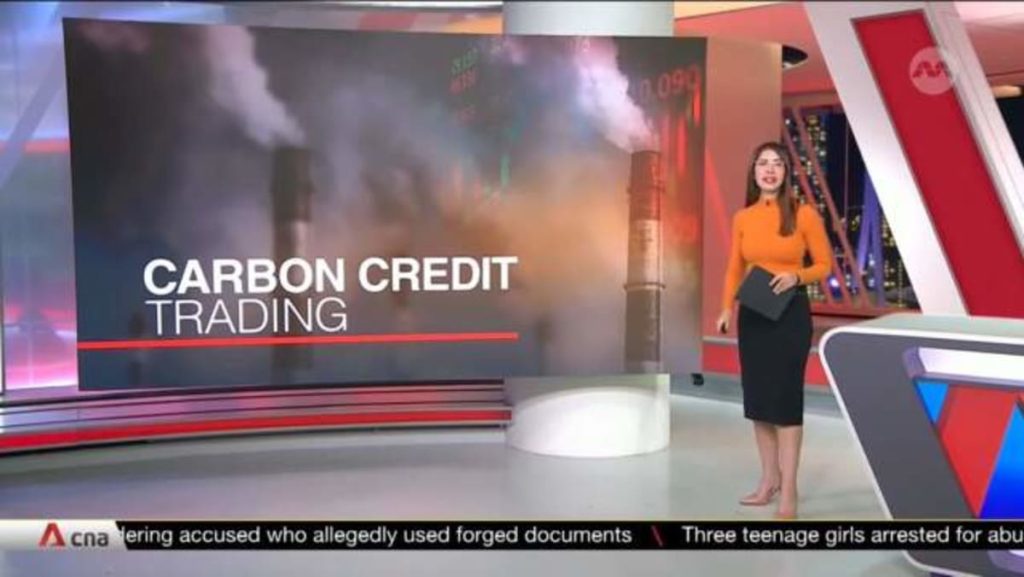The carbon credit market is anticipating a positive year ahead, with increasing participation from corporates such as banks and traders looking to offset their emissions. This trend indicates a growing awareness and commitment by companies to reduce their carbon footprint. However, while there is optimism in the market, there are still challenges that need to be addressed. Market watchers emphasize the importance of providing more support and guidance to companies as they navigate through the complexities of the carbon credit journey.
One of the key challenges in the carbon credit market is the need for better guidance and support for companies looking to offset their emissions. Many businesses may not fully understand the process or requirements involved in purchasing carbon credits, leading to confusion and uncertainty. As more corporates enter the market, there is a growing need for assistance in navigating the various options and ensuring compliance with regulations. By providing companies with the necessary tools and resources, they can make more informed decisions and effectively contribute to reducing their carbon emissions.
Despite the challenges, there is a positive outlook for the carbon credit market as more corporates show interest in offsetting their emissions. This increased participation signifies a shift towards greater environmental responsibility among businesses, driven by a recognition of the importance of sustainability and the need to address climate change. With more companies joining the market, there is a potential for significant impact in reducing overall carbon emissions and promoting a more sustainable future. As the market continues to grow, it will be crucial to address challenges and provide support to ensure the continued success of carbon credit initiatives.
In addition to increased corporate participation, the carbon credit market is also seeing a rise in interest from banks and traders. These financial institutions play a key role in facilitating the trading of carbon credits and supporting companies in offsetting their emissions. By engaging with banks and traders, businesses can access expertise and resources to navigate the complexities of the carbon credit market effectively. This collaboration between corporates, banks, and traders is essential for driving forward the adoption of carbon credits and achieving meaningful reductions in carbon emissions.
To further support companies in their carbon credit journey, there is a need for greater transparency and accessibility in the market. Companies may face challenges in understanding the pricing and availability of carbon credits, as well as navigating the various options for offsetting emissions. By providing more information and resources to businesses, they can make more informed decisions and contribute effectively to reducing their carbon footprint. Increased transparency and accessibility will help to build trust and confidence in the carbon credit market and encourage more companies to participate in sustainable initiatives.
Overall, the carbon credit market is poised for growth and impact in the year ahead, driven by increasing participation from corporates, banks, and traders. While challenges remain, there is optimism that with the right support and guidance, companies can successfully navigate their carbon credit journey and make meaningful contributions to addressing climate change. By promoting transparency, accessibility, and collaboration, the market can continue to expand and drive forward the adoption of carbon credits as a key tool in achieving sustainability goals.


